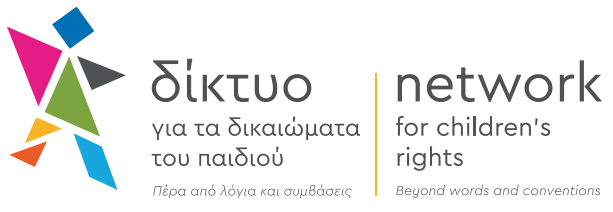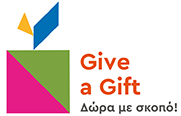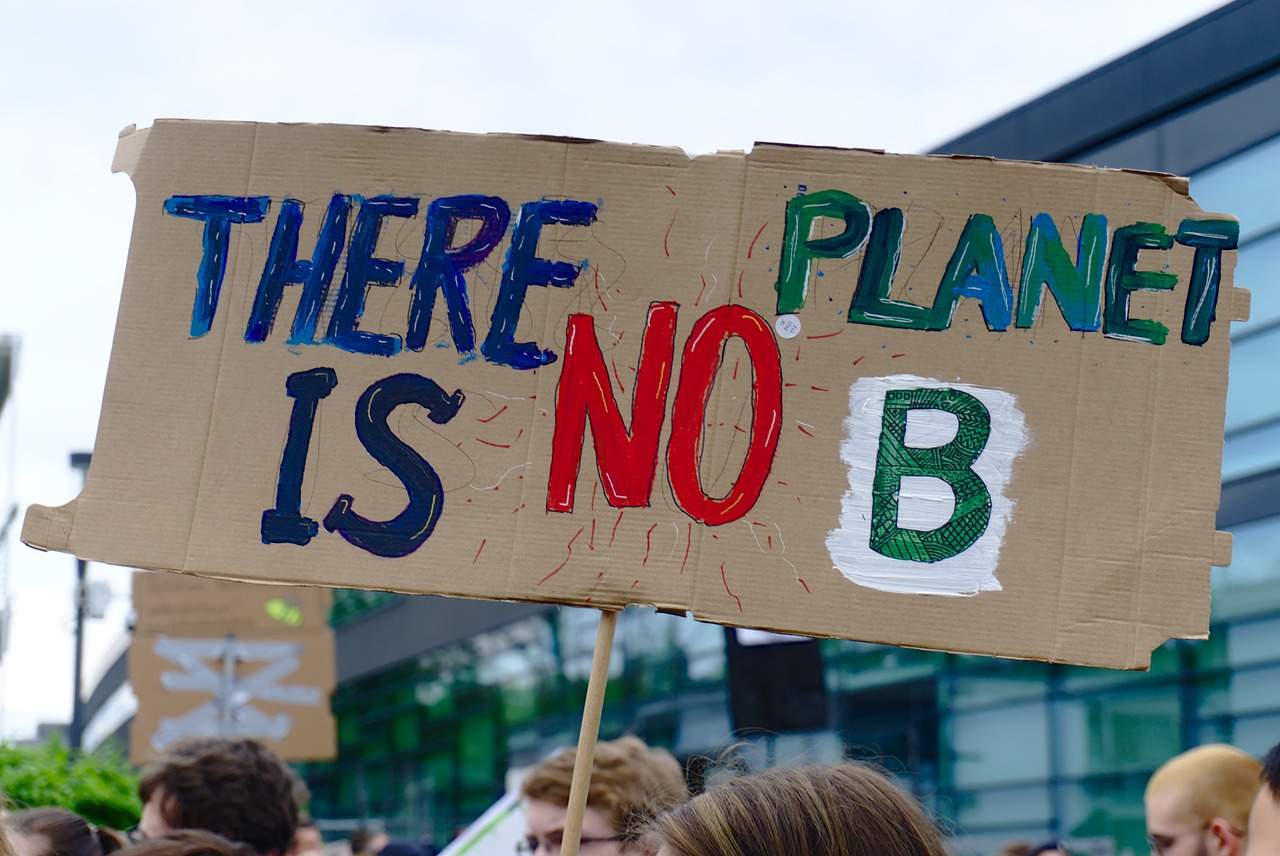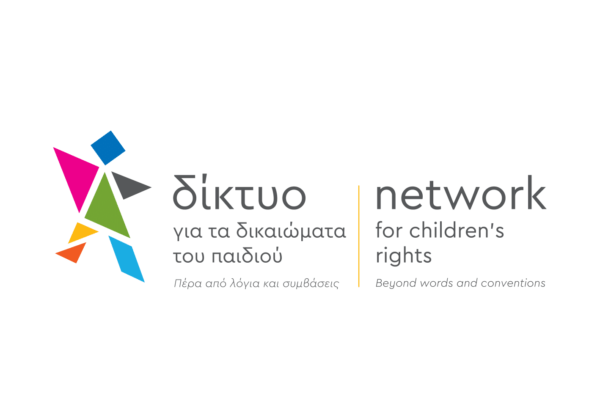By Camara Facinet
As human species, we’ve always been ambitious and creative, when it comes to making an easier and happier life. To do this, our creativity has brought us a great deal of ease in transforming the matter found in nature to better adapt it to what we perceive to be suitabe for our daily challenges and think to be the solution to our various problems or just to please ourselves.
Man, is aware of his negative impact on the environment which is vital to him, hence climate change, which is becoming his new challenge. We’ve reached a point where this has become a common issue that concerns us all, requiring us to find both preventive and curative solutions. In terms of solutions, we can start by thinking the causes, which are mainly related to our daily needs, but also to the geographical locations that define each individual’s lifestyle.
Yes, fighting climate change also means depriving ourselves of certain human rights, remembering that our rights are limited where those of others begin, changing our daily habits, saving more, thinking about the future generations, it means thinking about the fact that there are around 8 billion of us and we impact the lives of others, not only our living environment but also the other living beings with whom we share the same ecosystem of which we have very limited knowledge in its globality. Which solutions do we propose against these facts and practices?
- Use pre-existing techniques that need to be improved or taken more seriously?
- Educate citizens and ban the use of pollutive substances (plastics)?
- Find solutions adapted to each geographical region to end the pollution?
Think not only in terms of financial economic contributions, but also in terms of, what I would call, the economy of nature’s wealth. Because financial wealth is a product of our creation, whereas the world we live in still has ambiguous origins that we didn’t create, and which we are continually modifying at breakneck speed. This same nature from which we draw our inspiration through the components it provides to us to create consumable goods, such as the bird-like aircraft and so many others for the benefit of the economy, not only for our most basic human needs, but also for all the different desires we wish to satisfy.
We can ask ourselves whether this is really necessary, whether it’s really worth sacrificing our living environment to the point of endangering our lives by exposing ourselves to natural disasters and the disruption of our ecosystem which will modify the various food chains.
For these reasons, we need to learn to minimize our needs that are fast growing, organize our consumption patterns, manage better our waste and limit carbon emissions, consume in moderation what nature offers us in order to perpetuate and give rising and future generations the chance to live better. It is very important to involve young people in sharing their opinions on these subjects, to make them aware of the issues at stake and help them better prepare for their future.
Finally, this text would be incomplete if I don’t mention an already existance of solutions, and that thinking in terms of financial gain also means offering the opportunity for the birth of new businesses to meet human needs in the short term. So, why not enable this by requiring them to propose solutions that are more ecological? To achieve this, we first need to know what is ecological, and then avoid consuming non-ecological products, which will lead to a drop in production, accompanied by the support of each state, which will be responsible for implementing certain regulations.
That being said, do we want to apply for them? Wouldn’t we be looking for obvious solutions? Is this a question we should be asking ourselves or are we rather afraid of changes that could make our lives difficult? I’ll leave you to think about it, but I’d say that in this case it’s a question of putting our survival and that of all other beings on one side of the scale and comparing it with our desires and needs on the other.
The article was created as part of the CERV project Efivos in Europe
Disclaimer The European Commission’s support for the production of this publication does not constitute an endorsement of the contents, which reflect the views only of the authors, and the Commission cannot be held responsible for any use which may be made of the information contained therein.
The EFIVOS II program is funded by the European Commission (CERV), with partners Network Children’s Rights (Greece), CIP (Cyprus), HESED (Bulgaria), GEYC (Romania), Dedalus (Italy), Pacto Verde (Spain), Crossing Borders (Denmark).






